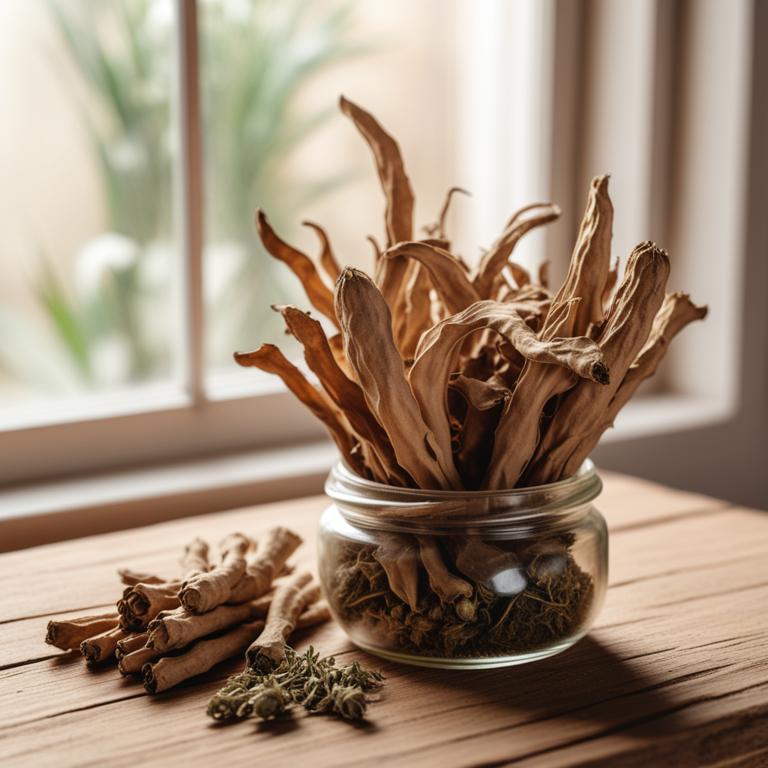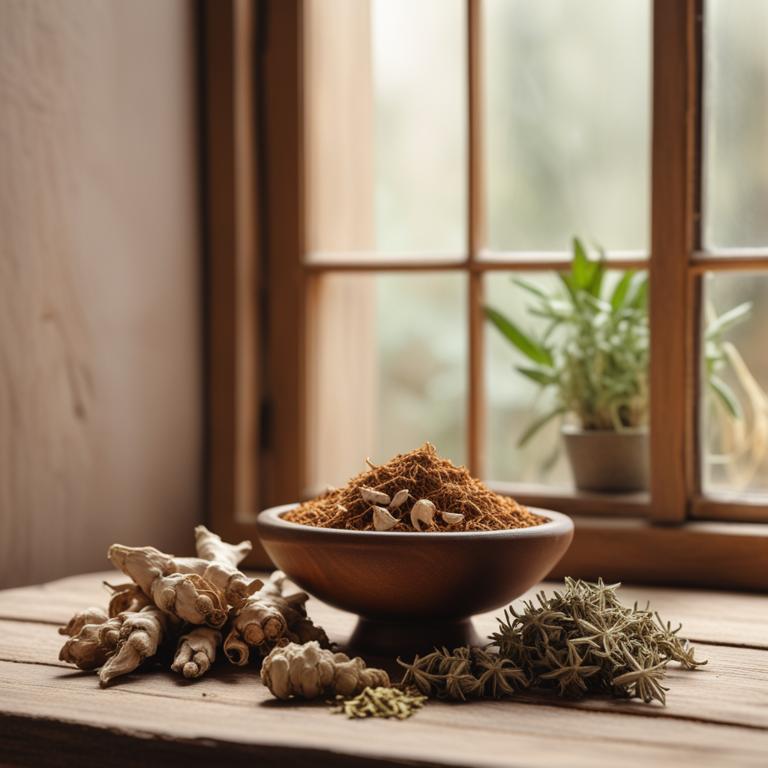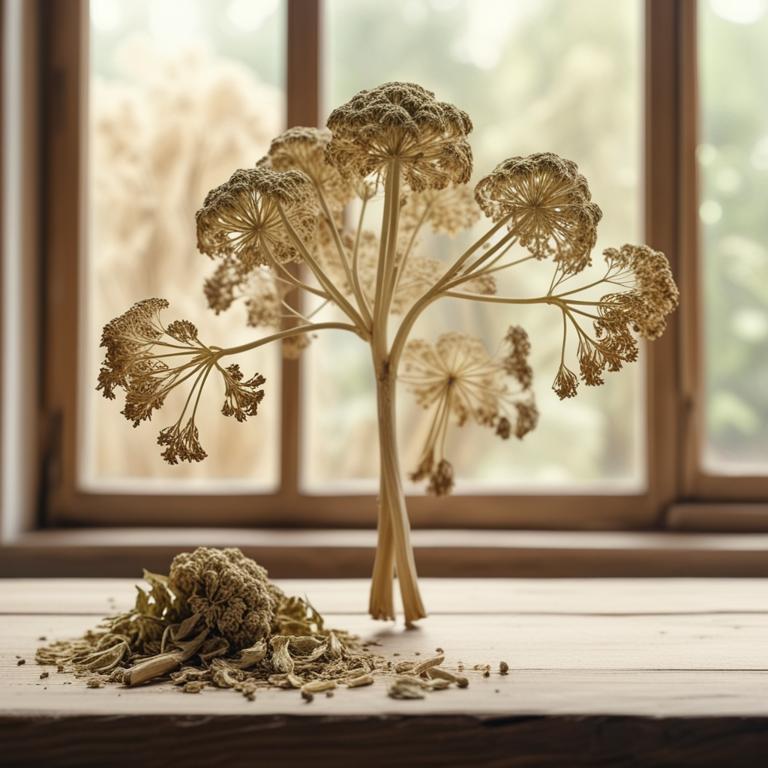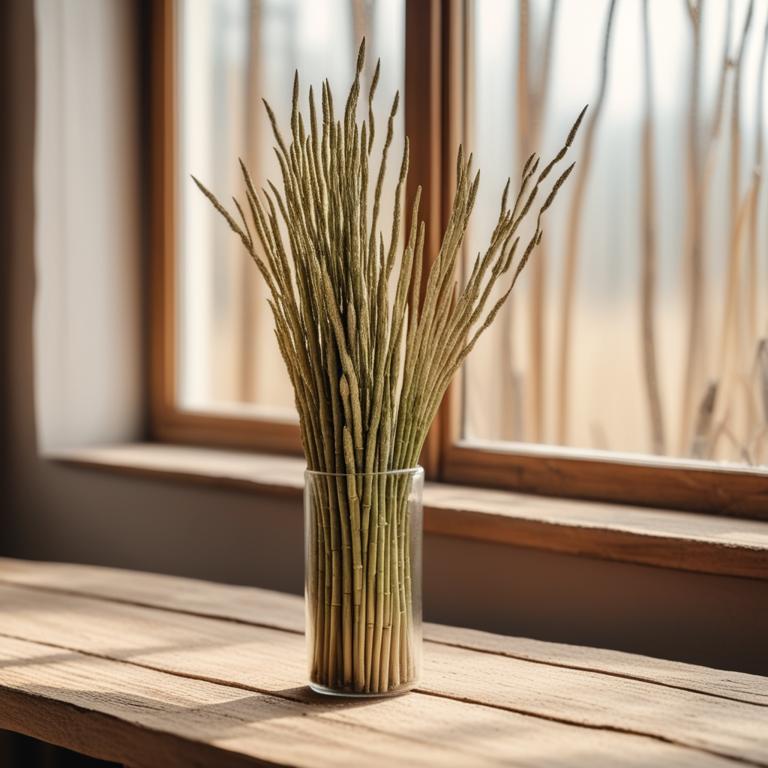Updated: Dec 1, 2024
Cystitis: Causes, Medicinal Herbs, and Herbal Preparations for Relief and Recovery
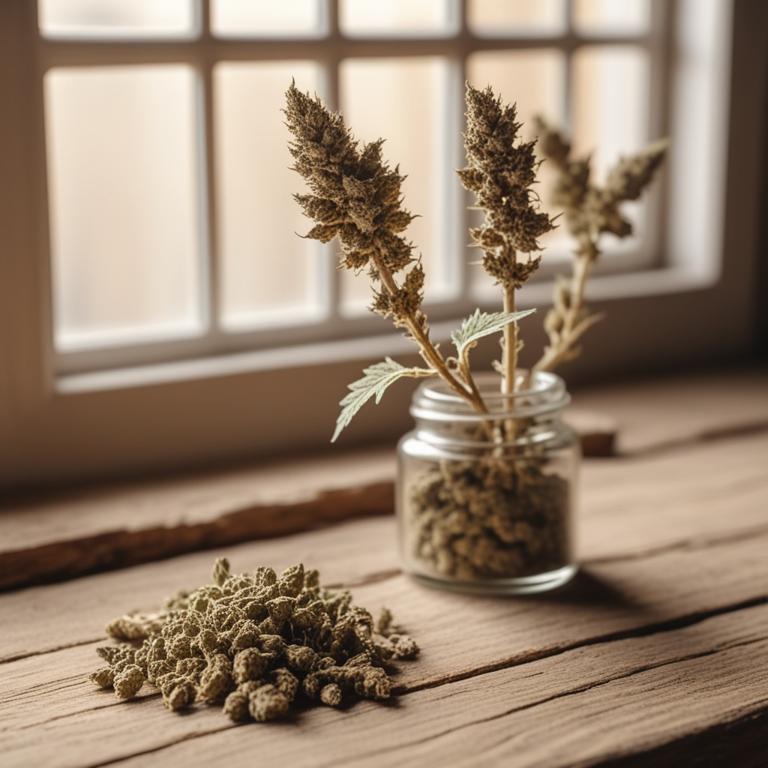
Cystitis is an inflammation of the bladder, usually caused by a bacterial infection.
It can be painful and uncomfortable, making everyday activities like going to the bathroom a struggle. In severe cases, cystitis can even lead to blood in the urine or a strong, persistent urge to urinate. The causes of cystitis are often related to bacterial infections, which can be triggered by factors such as poor hygiene, certain foods, or weakened immune systems.
Some herbal remedies have been shown to help alleviate the symptoms of cystitis. Herbs like marshmallow root, uva ursi, and corn silk have anti-inflammatory properties that can help soothe the bladder and reduce pain. These herbs can be used in various forms, such as teas, tinctures, or capsules. Drinking a warm tea made from marshmallow root and uva ursi, for example, may help to calm the bladder and reduce discomfort.
Additionally, some herbal remedies, like corn silk, can be taken as a tea to help reduce inflammation and promote healing.
Table of Contents
What leads to the development of cystitis?
The main causes of cystitis are infections, blockages, and other issues that affect the urinary tract.
Bacterial infection is a common cause of cystitis. Bacteria like E. coli enter the bladder through the urethra and multiply, causing an infection. This usually happens when bacteria are pushed upwards from the anus or genitals. Catheter use is another cause of cystitis. When a catheter is inserted into the bladder, bacteria can stick to its surface and enter the bladder, causing an infection.
This is more likely to happen if the catheter is not cleaned properly. Urinary tract stones and kidney stones can also cause cystitis. When these stones block the flow of urine, it can create an ideal environment for bacteria to grow, leading to an infection. Urethral stricture, a narrowing of the urethra, can also cause cystitis. If the urethra is narrowed, urine may not flow properly, allowing bacteria to multiply and cause an infection. Lastly, viral infections like the herpes simplex virus can cause cystitis.
This virus can cause inflammation and ulcers in the urethra, making it easier for bacteria to enter the bladder and cause an infection.
What benefits can be gained from using herbs to treat cystitis?
Using these special plants can be very helpful for people with cystitis.
They can reduce pain and discomfort in the bladder and urinary tract. These plants can also help to stop the burning sensation when you urinate, which is a common symptom of cystitis.
They may even reduce the number of times you need to go to the bathroom, which can be a big relief if you're feeling like you're constantly running to the loo. Some of these plants have anti-inflammatory properties, which can help to soothe and calm the affected area. This can lead to faster healing and a quicker recovery from cystitis.
They may also help to prevent future episodes of cystitis by reducing inflammation and promoting a healthy balance in the urinary tract.
What are the primary botanicals for cystitis?
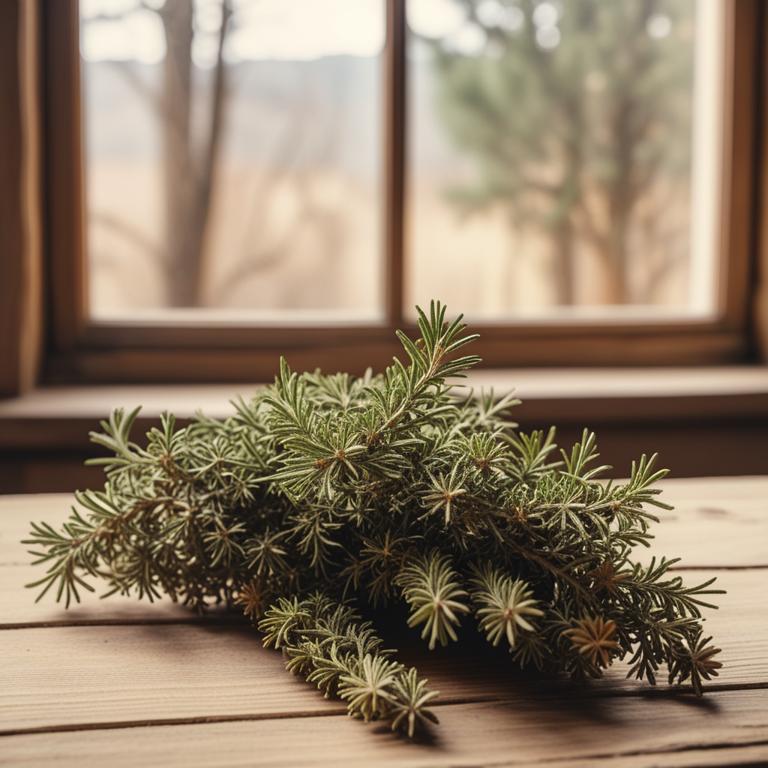
Herbs can be a helpful addition to your treatment plan if you're dealing with cystitis, a painful bladder infection.
Juniperus communis, also known as juniper berry, is a popular herb for its antiseptic and anti-inflammatory properties. It can help reduce swelling and ease discomfort in the bladder and urinary tract. Plantago lanceolata, or plantain, is another herb that's often used to soothe bladder irritations. Its anti-inflammatory compounds can help calm the bladder and reduce the urge to urinate.
Vaccinium macrocarpon, also known as cranberry, is a well-known herb for preventing UTIs by preventing bacteria from adhering to the bladder walls. Hypericum perforatum, or St. John's Wort, has antiseptic properties that can help fight off infections and reduce inflammation in the bladder and urinary tract. Finally, Zingiber officinale, or ginger, can help ease pain and discomfort in the bladder and urinary tract due to its anti-inflammatory compounds. Ginger can also help reduce nausea and vomiting, which are common symptoms of cystitis.
These herbs can be consumed in various forms, such as teas, capsules, or tinctures, and can be used in combination with other treatments under the guidance of a healthcare professional.
What are the most widely used herbal preparations for the treatment of cystitis?

Herbal preparations can be very helpful for cystitis.
A decoction is a strong liquid made by boiling herbs, and it's great for cystitis because it helps to kill off the bacteria that cause the infection. It's often used with herbs like uva ursi and juniper berries, which have antiseptic properties that help to fight off the infection. A tincture is a concentrated liquid made by soaking herbs in a solvent, and it can be taken as a medicine to help ease the symptoms of cystitis. Tinctures are often used with herbs like corn silk and marshmallow root, which have anti-inflammatory properties that help to soothe the bladder and reduce swelling. An infusion is a mild liquid made by steeping herbs in hot water, and it's often used to help relax the muscles in the bladder and reduce spasms.
Infusions are often used with herbs like chamomile and calendula, which have calming properties that help to ease the pain and discomfort of cystitis. A cream or salve made with herbs like calendula and aloe vera can be applied topically to the skin to help soothe and calm the area around the bladder. These creams and salves can help to reduce inflammation and ease the pain of cystitis. A salve made with herbs like plantain and comfrey can also be used to protect the skin and mucous membranes from further irritation and infection. It's often used to help speed up the healing process and prevent further complications.
Herbal preparations can be a good addition to conventional treatments for cystitis, and they can help to ease symptoms and promote healing.
Additional Resources:
What herbs should patients with cystitis avoid consuming?
If you have cystitis, it's best to steer clear of certain herbs that can make things worse.
For instance, Glycyrrhiza glabra, also known as licorice root, can be a problem because it contains a compound that can make the body hold onto water, leading to swelling and discomfort in your bladder. Berberis vulgaris, or barberry, contains a substance that can irritate your bladder and make cystitis symptoms worse.
Aristolochia clematitis, also known as birthwort, has been linked to kidney damage, which could put extra strain on your bladder and make cystitis harder to manage. Sanguinaria canadensis, or bloodroot, contains a toxic compound that can cause problems with your urinary system, including cystitis. Menyanthes trifoliata, or bog bean, is another herb to be cautious with, as it contains compounds that can irritate your bladder and make cystitis symptoms more uncomfortable.
When you're trying to find ways to ease your cystitis symptoms, it's best to focus on herbs and remedies that are gentle on your urinary system, rather than taking a chance with herbs that could make things worse.
FAQ
Are there any specific herbs that can prevent cystitis?
Some herbs, like marshmallow root and uva ursi, have properties that may help soothe and protect the bladder, potentially reducing the risk of cystitis. These herbs have anti-inflammatory properties and can help prevent bacterial adhesion to the bladder walls, which may contribute to the development of the condition.
Is it safe to use herbal remedies for cystitis during pregnancy?
If you're pregnant and have cystitis, it's best to be cautious with herbal remedies.
Some herbs can affect the baby or make your symptoms worse.
Uva ursi and juniper berries are sometimes used to treat cystitis, but more research is needed to know if they're safe during pregnancy.
Are there any herbs that can reduce the frequency of cystitis?
Some herbs, like marshmallow root and uva ursi, have been studied for their potential to help with cystitis.
They're thought to help soothe and protect the bladder lining, reducing irritation and discomfort.
These herbs may also have antimicrobial properties to help clear up infections that can cause cystitis.
Related Articles
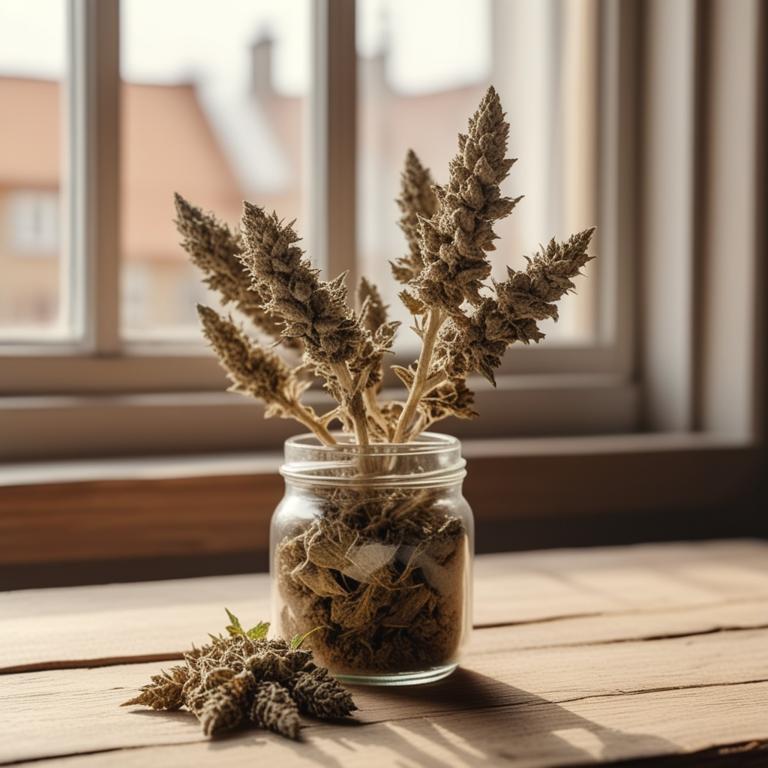
Overcoming Dysuria: Causes, Medicinal Herbs, and Herbal Remedies for a Healthy Life
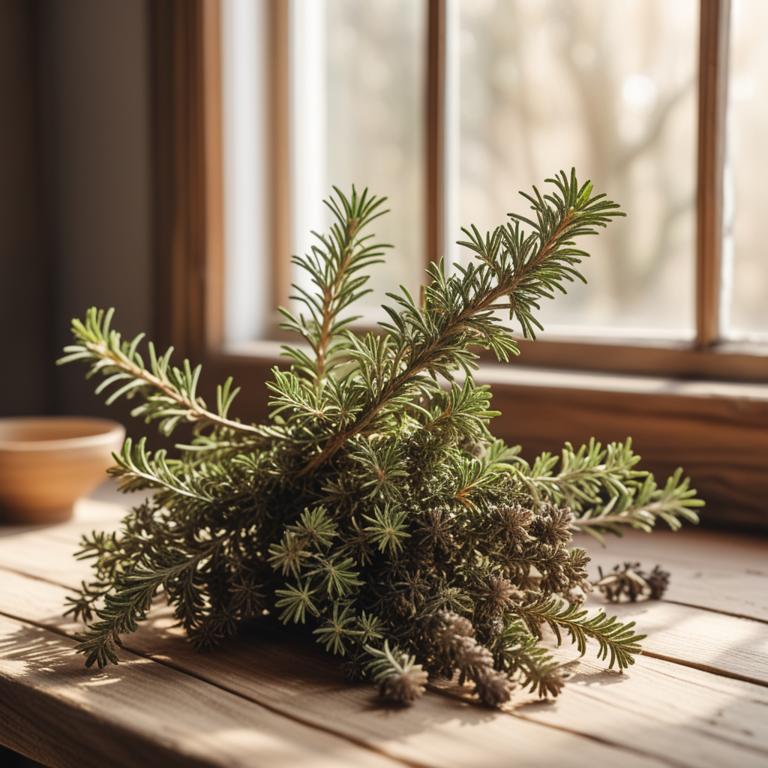
Cystitis: Causes, Medicinal Herbs, and Herbal Preparations for Relief and Recovery
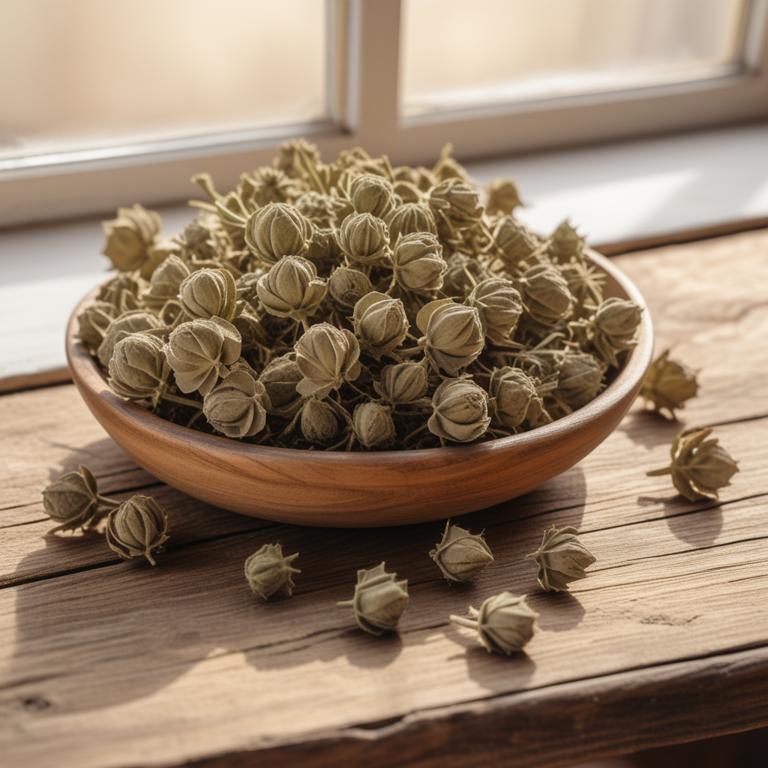
Urinary Calculus: Natural Causes, Herbal Remedies, and Prevention
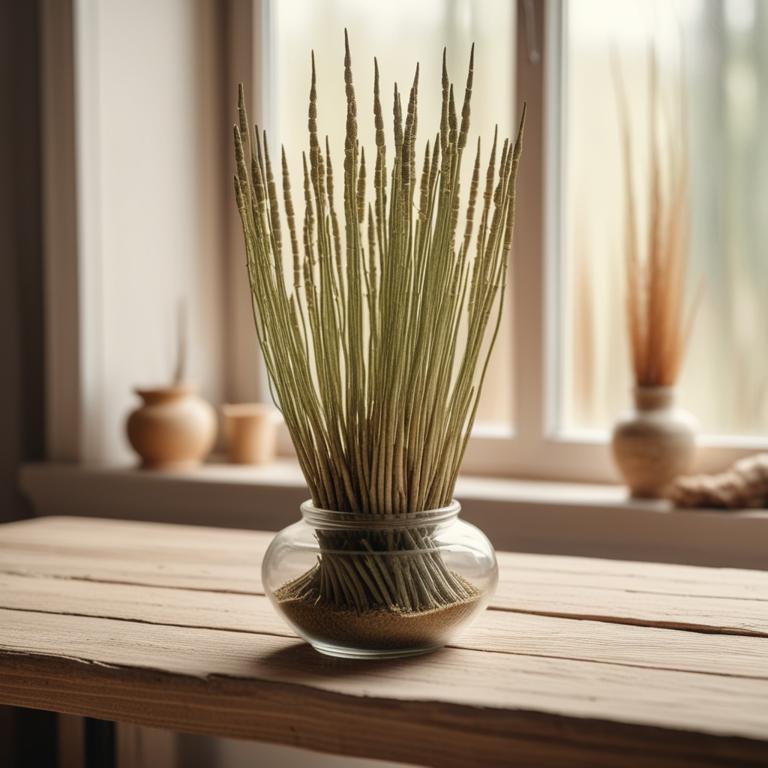
Causes of Bladder Pain and Effective Herbal Preparations
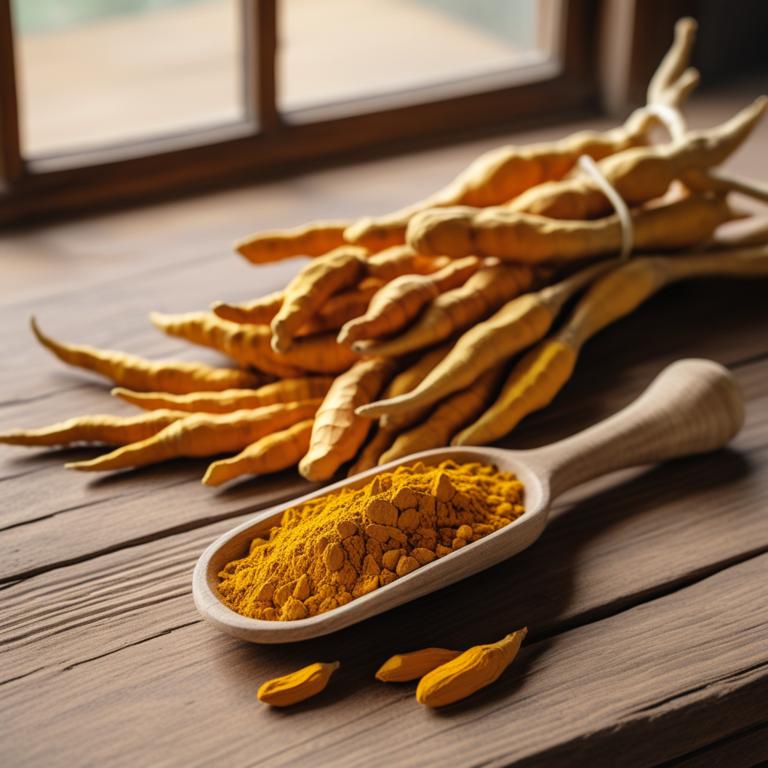
Causes and Treatment Options for Overactive Bladder Using Medicinal Herbs and Herbal Preparations
